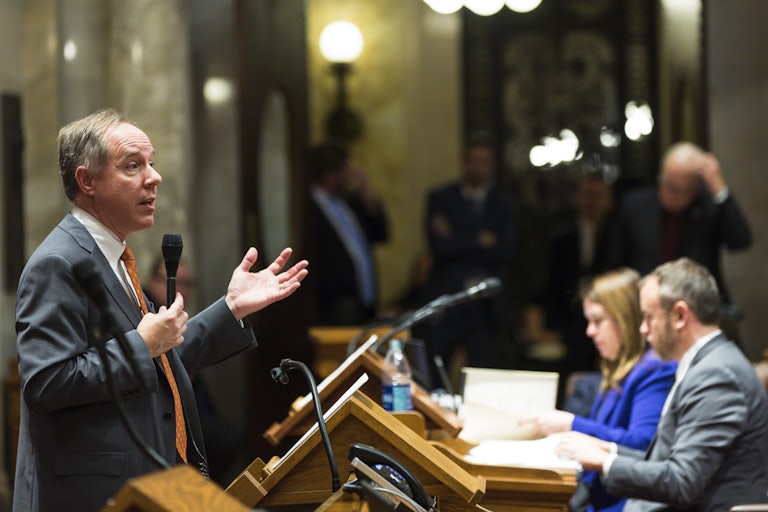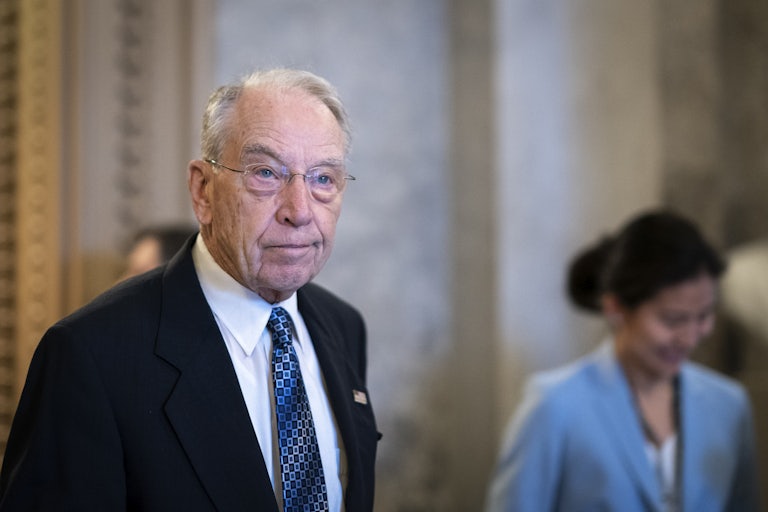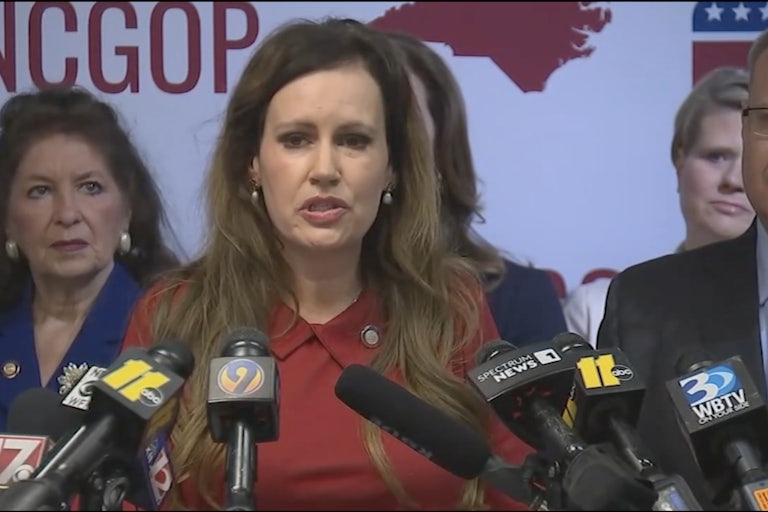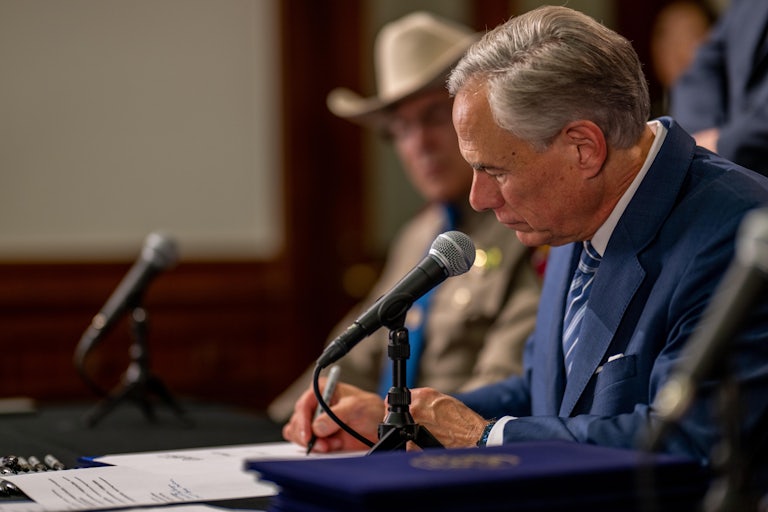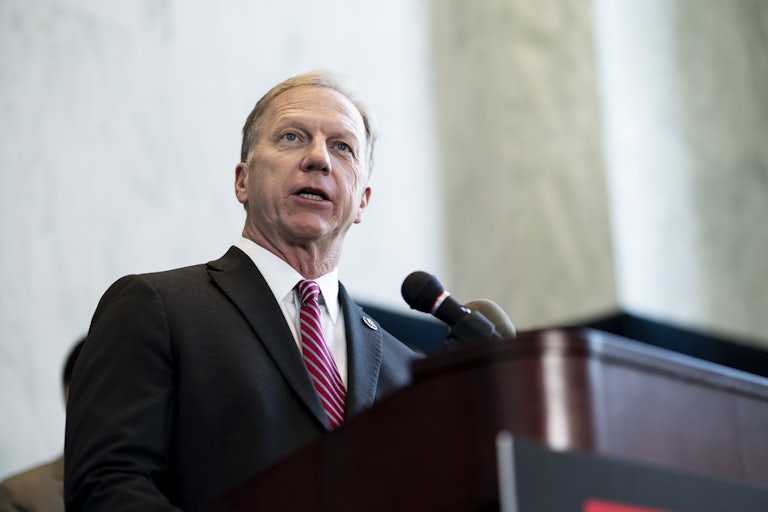Donald Trump Has a Long, Long History of Not Picking Up the Check
The former president loves leaving promises unfulfilled and bills unpaid.

Donald Trump has a long history of failing to deliver on promises, and not just when it comes to politics: The man seems incapable of picking up the tab.
After pleading not guilty to 37 criminal charges for mishandling classified documents, Trump stopped at the popular Miami restaurant Versailles to meet with supporters. During his visit, he could be heard shouting, “Food for everyone!” But he left after just 10 minutes—not long enough for anyone to order anything—without paying a single bill, the Miami New Times reported.
You’d be forgiven for assuming that Trump was just a little pressed. He was just arrested for federal crimes! He might need some alone time to decompress.
Nope.
Trump is notorious for leaving a trail of unpaid bills wherever he goes. Hundreds of people have accused him of failing to pay them for services, ranging from a glass company in New Jersey to workers at his resorts, real estate brokers, and even law firms who represented him in suits for unpaid bills.
In his 2004 book Trump: Think Like a Billionaire, the former president instructed readers to “always question invoices.” But it sounds like his personal approach is more “Just ignore invoices.” He has been sued for failing to pay dozens of vendors who have worked his resort properties as well as his now-defunct, fraudulent university.
And this penny-pinching didn’t start when he became a businessman. Artist and designer Lucy Klebanow recounted a date she had with Trump in the early 1970s. In a 2016 essay for Salon, Klebanow said Trump took her out to an expensive restaurant but didn’t have cash to pay the bill. He promised to pay her back—but never did.
And it looks like the apple didn’t fall far from the tree: Donald Trump Jr. reportedly proposed to his ex-wife, Vanessa, with a ring he got for free. According to the New York Post, he agreed to make promotional appearances for the jewelry company in exchange for the ring.
Then, in 2018, Vanessa divorced Don Jr., in part because he was so cheap that she “had to rely on her mother for financial help for her personal needs,” Page Six reported, citing an anonymous source. Apparently, the family that saves together stays together.
Donald Sr.’s broken promise at Versailles, however, is also part of a larger trend. As The Washington Post’s Philip Bump writes, his failure to pick up the tab in Miami isn’t just about frugality. Trump loves to make big promises in front of cameras—which often, in turn, leads to positive coverage in both traditional media and online, even though he rarely follows through. For Trump, it’s a win-win: Get a short boost of positive press coverage without having to pay a dime.

